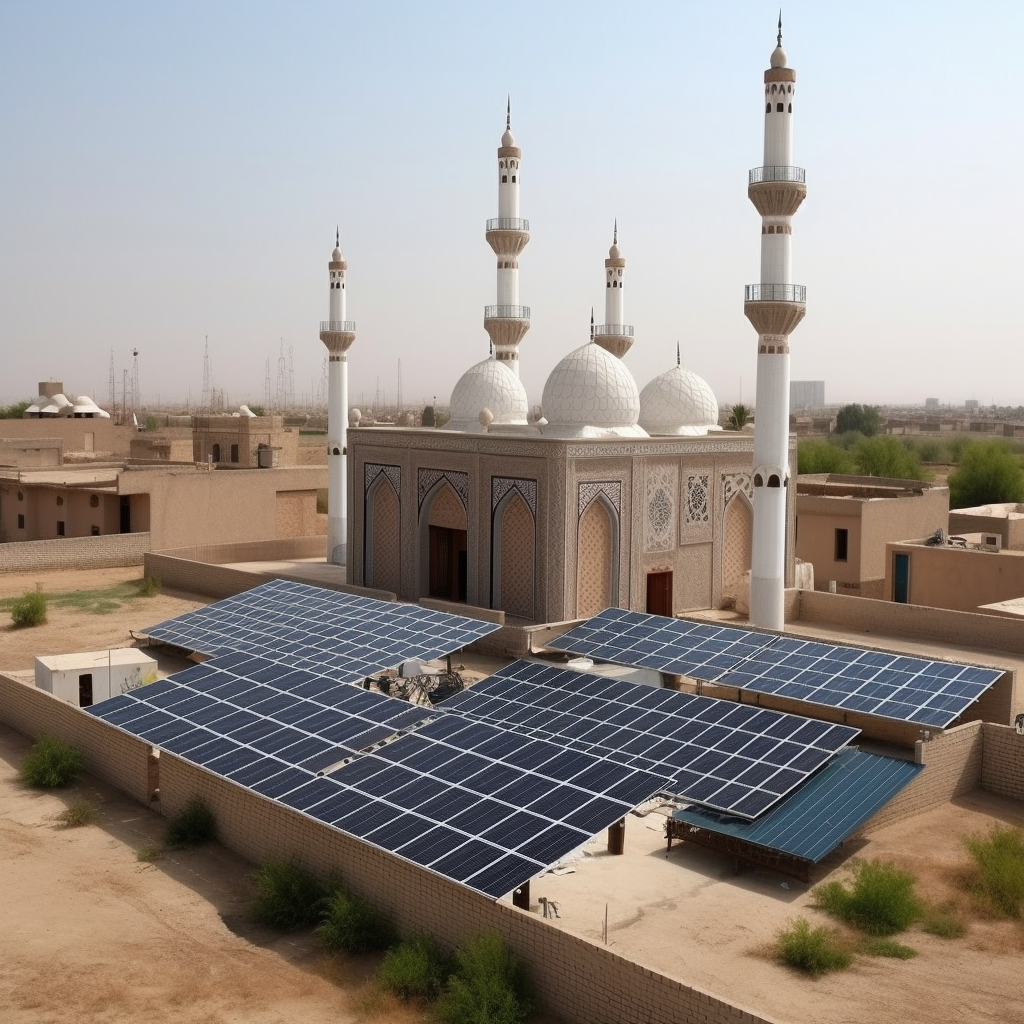April 19, 2023
Taking Steps Towards Sustainability During Ramadan
Book a Demo
Ramadan, the holy month of fasting and spiritual reflection for Muslims around the world, has taken on an additional meaning in recent years. With the growing concern over the environment and climate change, Muslims are using this time to reflect on their own impact on the planet and take steps to reduce it.
From Dubai to Malaysia to Jordan, Muslims are incorporating sustainable practices into their daily lives during Ramadan. Mosques in Dubai have installed solar panels to reduce their carbon footprint, while Muslims in Malaysia are using eco-friendly packaging for their food. In Jordan, the Ministry of Environment is holding workshops to raise awareness about climate change and individual contributions to reducing carbon footprints.
Reducing waste is also a priority during Ramadan, with recycling programs and compostable materials being implemented in many places. These practices align with the Islamic principle of tawheed, which emphasizes the unity of God and the interconnectedness of all things.
It’s not just Muslims who can take part in this effort to protect the environment. People of all faiths can make small changes, such as reducing food waste and using public transportation, to make a positive impact on the planet.
The COVID-19 pandemic has also highlighted the impact that human activity has on the environment. As people were forced to stay home, air and water pollution decreased, making it clear that our actions have a direct impact on the environment. This makes it even more crucial to take steps to protect the planet and ensure a sustainable future.
Ramadan is not just a time for spiritual reflection and fasting but also an opportunity to reflect on our impact on the environment. By incorporating sustainable practices into our daily lives, we can take small steps to protect the planet and ensure a better future for generations to come.



